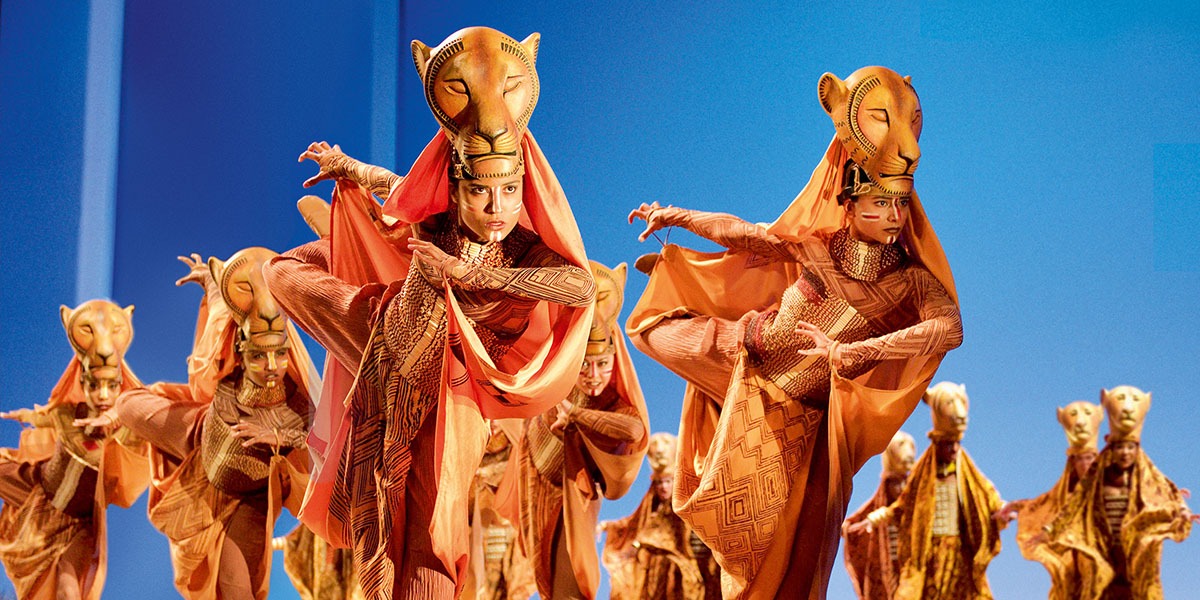A bare stage can be a frightening proposition. No elaborate set to enhance and distract, no costume to indicate the period of time, just an actress and some carefully placed clutter.
Such is the stage for The Fever, the opening show in the Wallace Shawn season at the Royal Court. When Clare Higgins enters, unobtrusively attired in jeans and a white shirt, there is no fanfare, no sound signifying her importance, just an actress alone on a stage staring out at a packed auditorium.
That Higgins holds the stage single-handedly for 90 minutes is a feat of performance and testament to the many awards lining the actress’s mantelpiece, for she does so with minimal assistance from sound and lighting. All attention is focused simply on her and her words.
Originally written to be performed in small rooms for small audiences, The Fever is the tale of a middle-class traveller who falls ill in a poor country. Her illness induces both hallucination and self-examination.
While we, as an audience, don’t see the events taking place, Higgins’s unnamed woman describes everything from the vomiting to the bugs and the soldiers that inhabit the world that flits between reality and fantasy brought on by the fever. Yet she struggles most, not with the hallucinations, but with the reality of her life, the middle-class guilt of privilege. Why should she have money when others don’t? What has she done to deserve it? Should she give it all away?
As the fever sets in the self-examination gets deeper and more truthful – at least, this is how it seems. Yet when the whole play is told from the point of view of one woman in a hallucinogenic sickness, how much of what she says can be taken as truth?
Shawn’s script drifts from the personal to the political and back again, taking in capitalism, communism, class and history as it considers who we really are as people. In an examination and evaluation of a person’s life all these aspects are key. But however hard we try, can anyone ever be truly and wholly good?
MA


